Microsoft says latest outage was caused by cyber attack
The latest Microsoft outage this month impacted thousands of customers

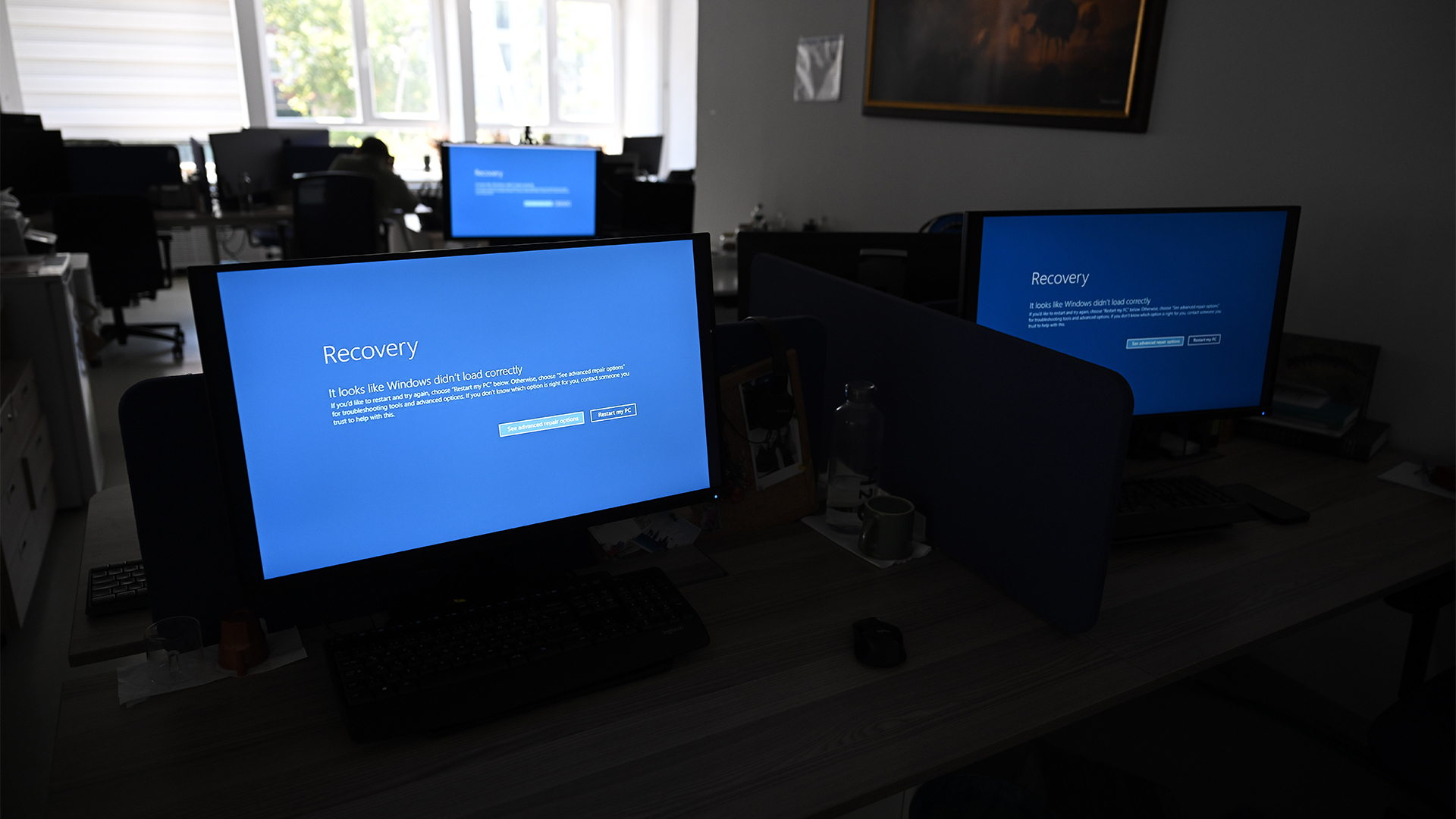
Microsoft has confirmed that a recent outage which impacted services was the result of a cyber attack.
The tech giant told customers yesterday it was investigating reports that users were having problems accessing services, with many reporting being unable to access email services and other key features.
Impacted services included Microsoft 365, which includes the tech giant’s Office and Outlook platforms, as well as cloud services such as Entra and Intune.
At the time, Microsoft said it had issued a fix for the problem, adding that services showed signs of improvement.
“We've implemented a networking configuration change, and some Microsoft 365 services have performed failovers to alternate networking paths to provide relief,” the tech giant said on its service status site.
“Monitoring telemetry shows improvement in service availability, and we're continuing to monitor to ensure full recovery.”
In a subsequent update, however, Microsoft revealed the outage was caused by a Distributed Denial of Service (DDoS) attack, the impact of which was exacerbated due to an “error in the implementation of our defences”.
Sign up today and you will receive a free copy of our Future Focus 2025 report - the leading guidance on AI, cybersecurity and other IT challenges as per 700+ senior executives
"While the initial trigger event was a Distributed Denial-of-Service (DDoS) attack... initial investigations suggest that an error in the implementation of our defences amplified the impact of the attack rather than mitigating it,” Microsoft said.
This latest incident comes less than two weeks after a major global IT outage disrupted millions of devices globally.
A flawed update by cybersecurity firm CrowdStrike was identified as the source of the issue, which severely disrupted operations for thousands of businesses and service providers globally.
The incident saw millions of Windows devices affected, with users reporting being met with the ‘blue screen of death’. Remediation efforts have been non-stop since the incident, which in many cases required manual resets for devices.
RELATED WHITEPAPER

Donny Chong, director at Nexusguard, told ITPro that the latest outage highlights the significant impact DDoS attacks can have on critical services and stands as a warning for enterprises globally.
“The Microsoft outage demonstrates the ease at which DDoS actors can wreak havoc against critical business services,” he said.
“Anyone can carry out an attack of this magnitude from their own bedroom if they have the right equipment. While no company can guarantee the always-on availability of its cloud services, customers of these services have high expectations today, and that’s exactly what attackers are counting on.”
Stephen Robinson, senior threat intelligence analyst at WithSecure, echoed Chong’s comments, adding that while the outage was smaller in scale compared to the recent global disruption, it still showcases the fragility of critical services.
“Modern online services are built on stacked layers of dependencies, and in a significant proportion of service stacks you will find Microsoft services,” he said.
“One of the affected Microsoft services, Entra, is used to allow people to log on to services and websites, and without it, users are not able to log in,” Robinson added. “As such, while this outage only lasted for a short time and affected a subset of services, the impact was still noticeable to many people."

Ross Kelly is ITPro's News & Analysis Editor, responsible for leading the brand's news output and in-depth reporting on the latest stories from across the business technology landscape. Ross was previously a Staff Writer, during which time he developed a keen interest in cyber security, business leadership, and emerging technologies.
He graduated from Edinburgh Napier University in 2016 with a BA (Hons) in Journalism, and joined ITPro in 2022 after four years working in technology conference research.
For news pitches, you can contact Ross at ross.kelly@futurenet.com, or on Twitter and LinkedIn.
-
 The modern workplace: Standardizing collaboration for the enterprise IT leader
The modern workplace: Standardizing collaboration for the enterprise IT leaderHow Barco ClickShare Hub is redefining the meeting room
-
 Interim CISA chief uploaded sensitive documents to a public version of ChatGPT
Interim CISA chief uploaded sensitive documents to a public version of ChatGPTNews The incident at CISA raises yet more concerns about the rise of ‘shadow AI’ and data protection risks
-
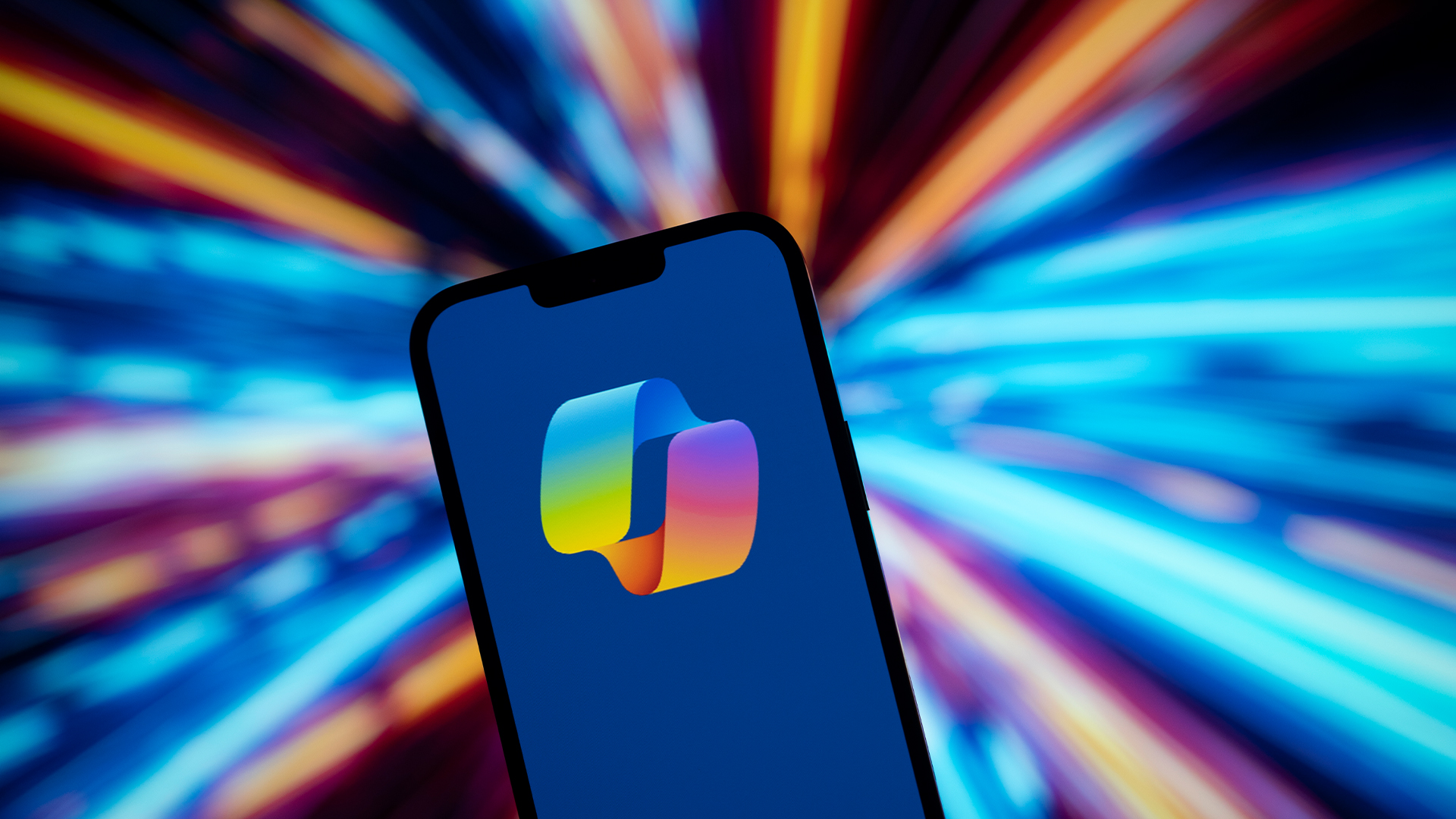 Not keen on Microsoft Copilot? Don’t worry, your admins can now uninstall it – but only if you've not used it within 28 days
Not keen on Microsoft Copilot? Don’t worry, your admins can now uninstall it – but only if you've not used it within 28 daysNews The latest Windows 11 Insider Preview will include a policy for removing the app entirely — but only in certain conditions
-
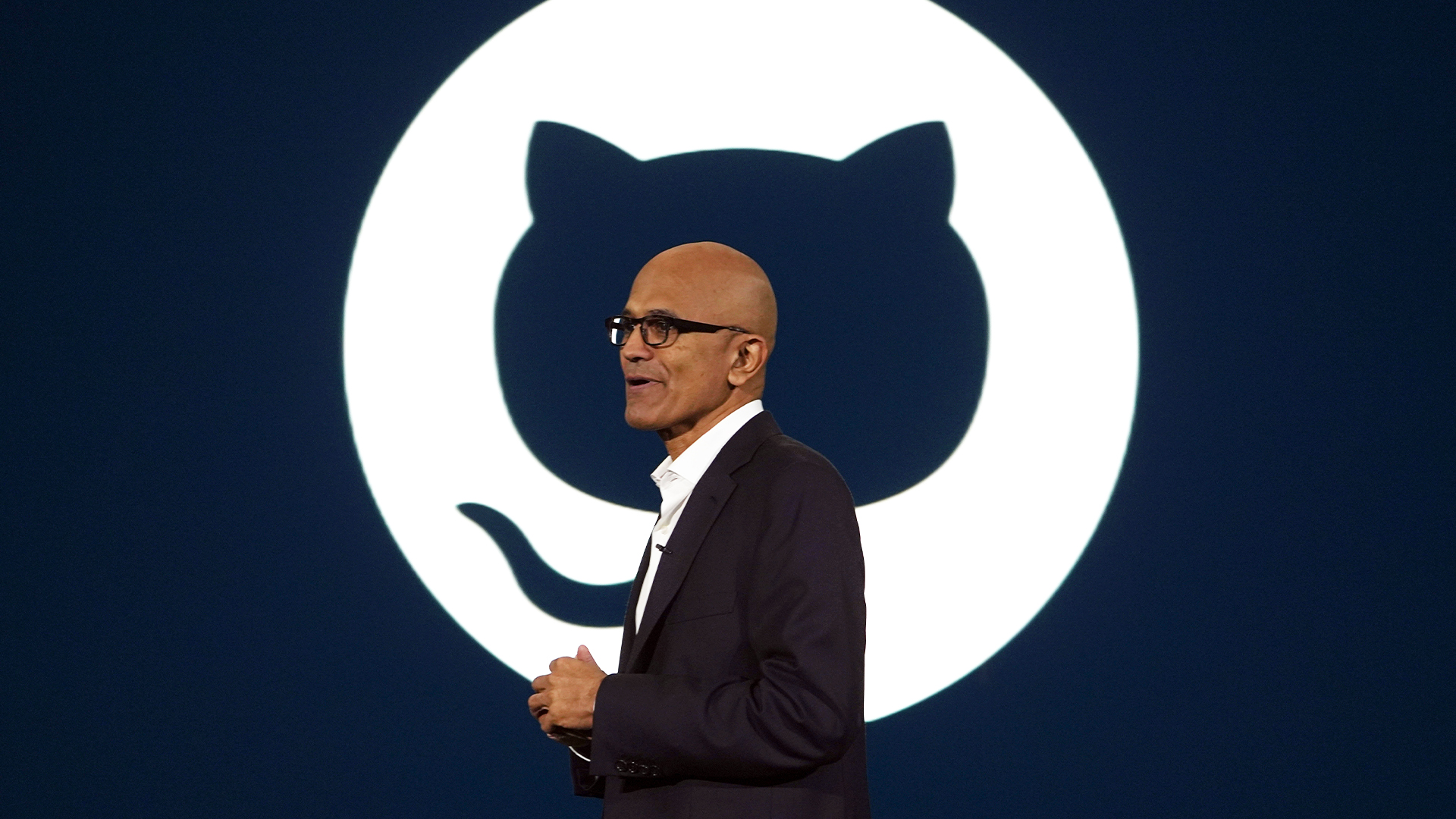 Microsoft is shaking up GitHub in preparation for a battle with AI coding rivals
Microsoft is shaking up GitHub in preparation for a battle with AI coding rivalsNews The tech giant is bracing itself for a looming battle in the AI coding space
-
 ‘1 engineer, 1 month, 1 million lines of code’: Microsoft wants to replace C and C++ code with Rust by 2030 – but a senior engineer insists the company has no plans on using AI to rewrite Windows source code
‘1 engineer, 1 month, 1 million lines of code’: Microsoft wants to replace C and C++ code with Rust by 2030 – but a senior engineer insists the company has no plans on using AI to rewrite Windows source codeNews Windows won’t be rewritten in Rust using AI, according to a senior Microsoft engineer, but the company still has bold plans for embracing the popular programming language
-
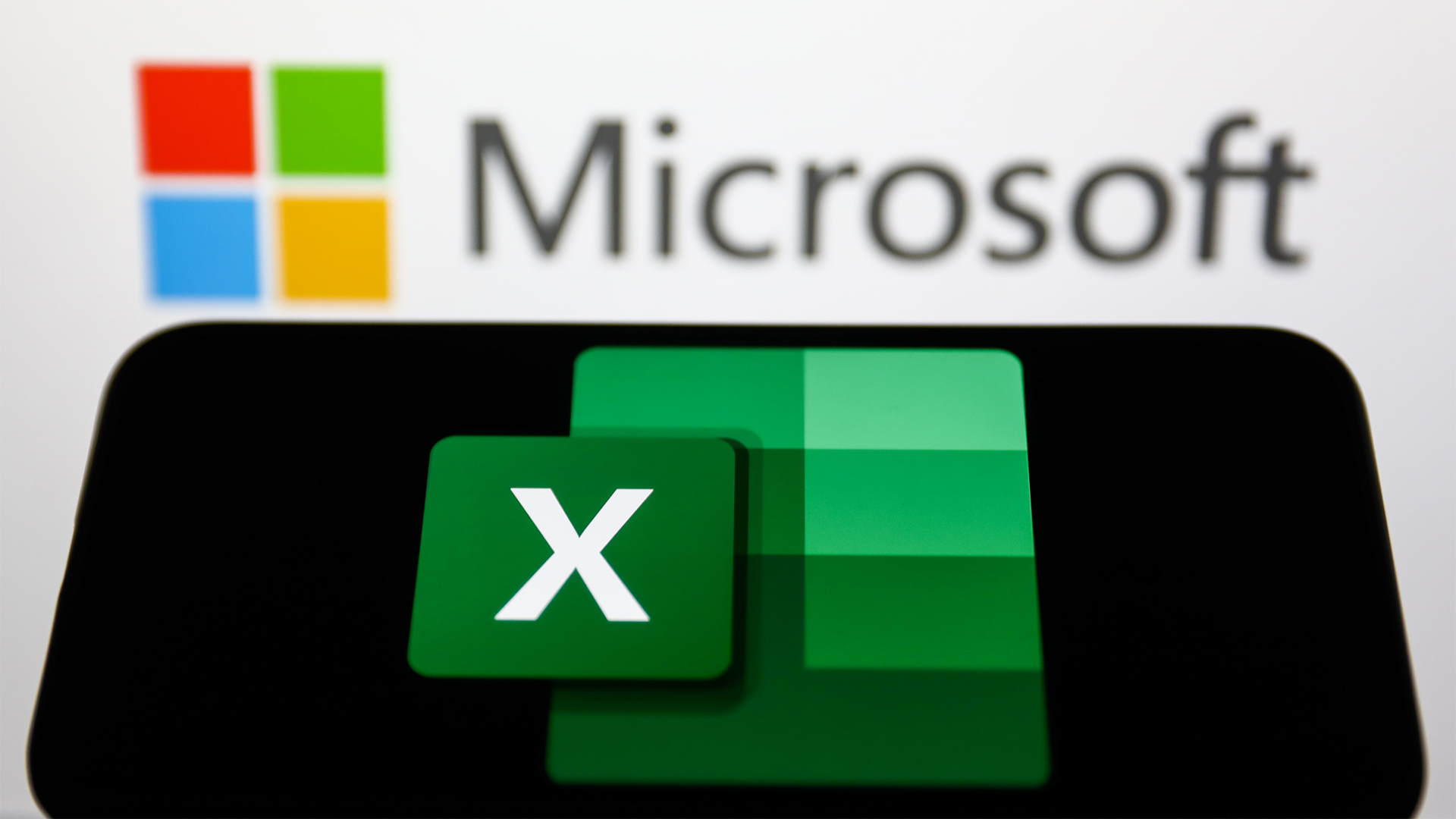 Microsoft Excel is still alive and kicking at 40 – and it's surging in popularity as 82% of finance professionals report ‘emotional attachment’ to the spreadsheet software
Microsoft Excel is still alive and kicking at 40 – and it's surging in popularity as 82% of finance professionals report ‘emotional attachment’ to the spreadsheet softwareNews A recent survey found Gen Z and Millennial finance professionals have a strong “emotional attachment” to Microsoft Excel
-
 Microsoft’s Windows chief wants to turn the operating system into an ‘agentic OS' – users just want reliability and better performance
Microsoft’s Windows chief wants to turn the operating system into an ‘agentic OS' – users just want reliability and better performanceNews While Microsoft touts an AI-powered future for Windows, users want the tech giant to get back to basics
-
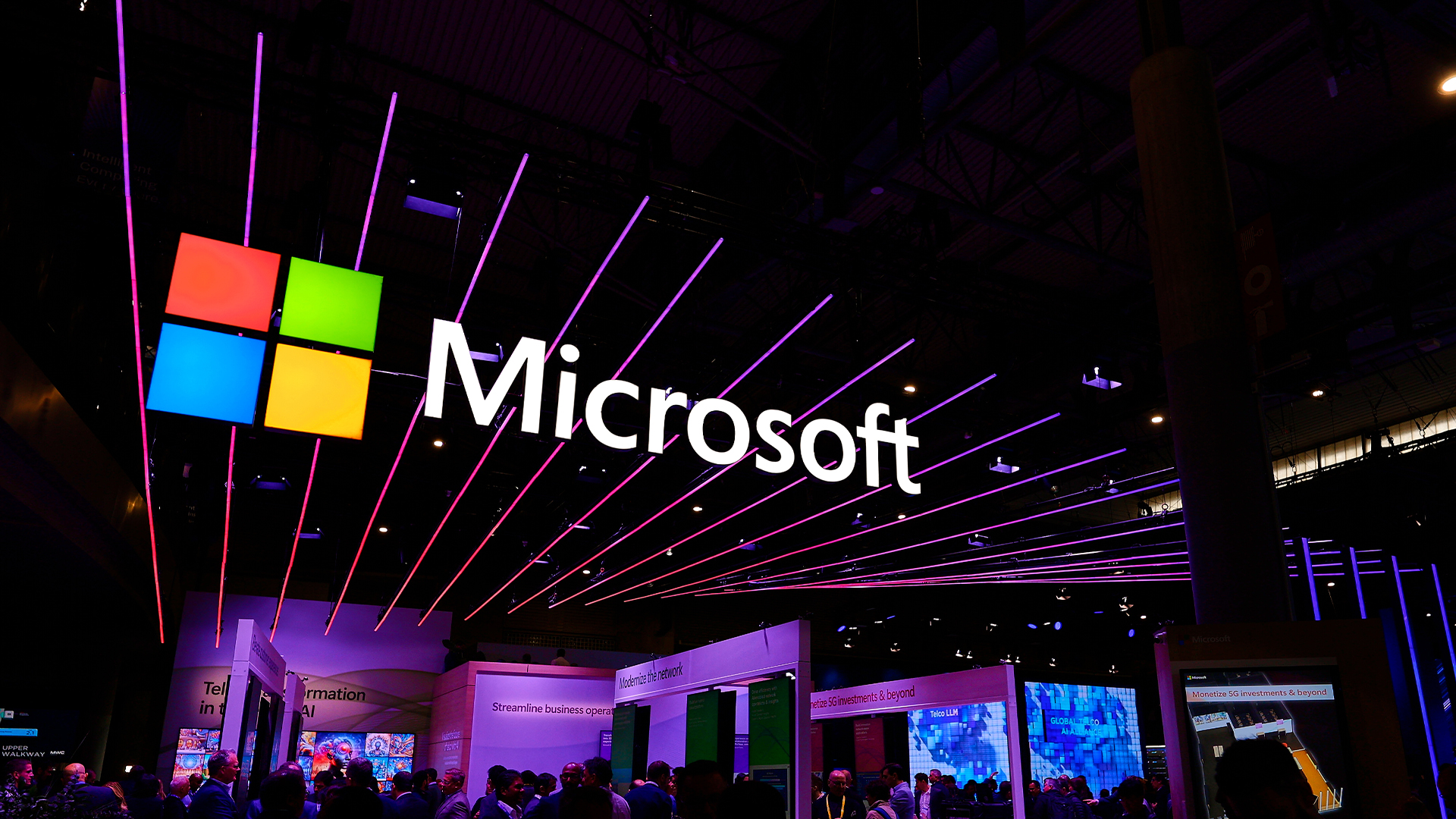 Microsoft 365 price hikes have landed the tech giant in hot water
Microsoft 365 price hikes have landed the tech giant in hot waterNews Australian regulators have filed a lawsuit against Microsoft for allegedly misleading users over Microsoft 365 pricing changes.
-
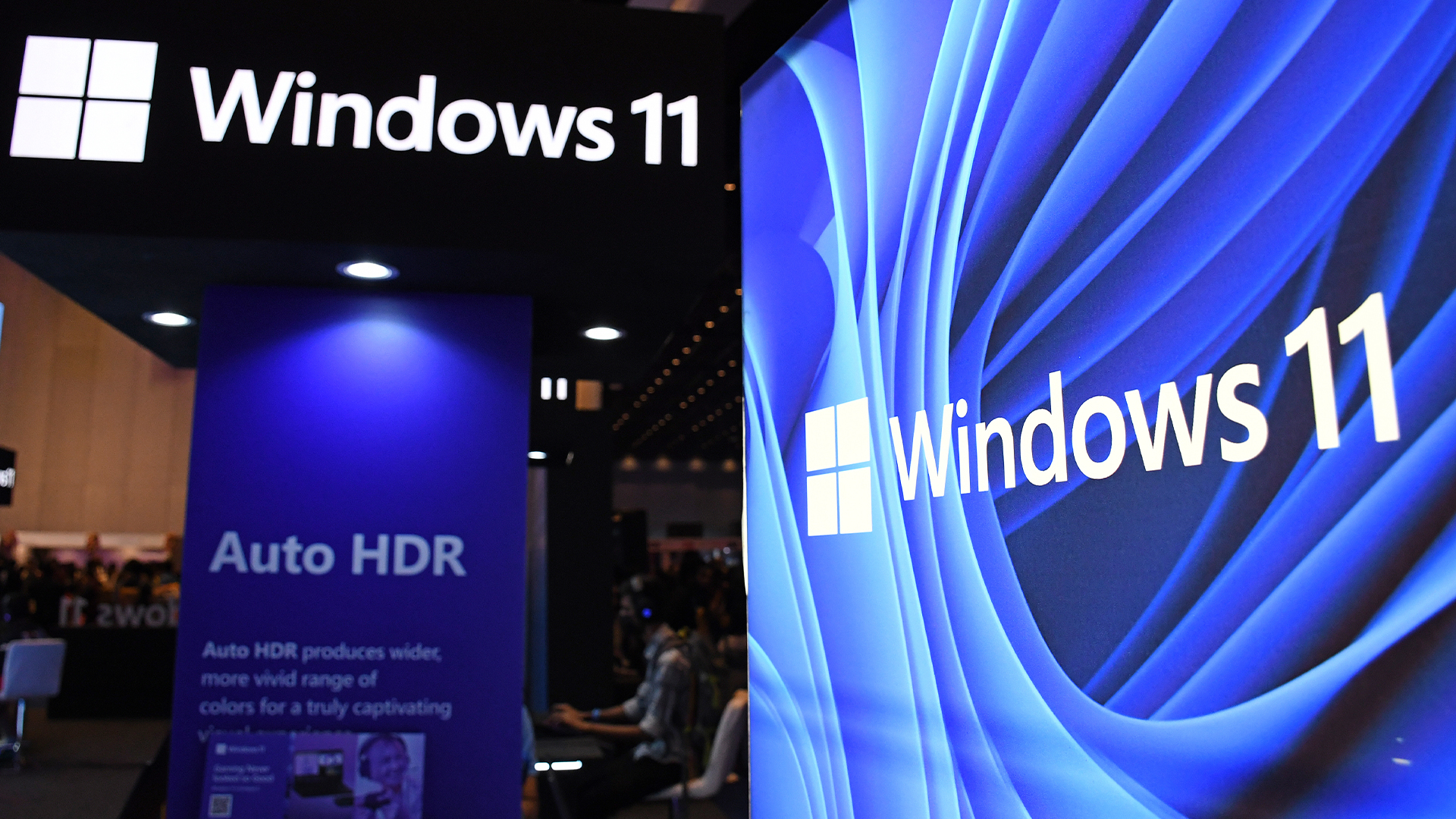 Microsoft issues fix for Windows 11 update that bricked mouse and keyboard controls in recovery environment – here's what you need to know
Microsoft issues fix for Windows 11 update that bricked mouse and keyboard controls in recovery environment – here's what you need to knowNews Yet another Windows 11 update has caused chaos for users
-
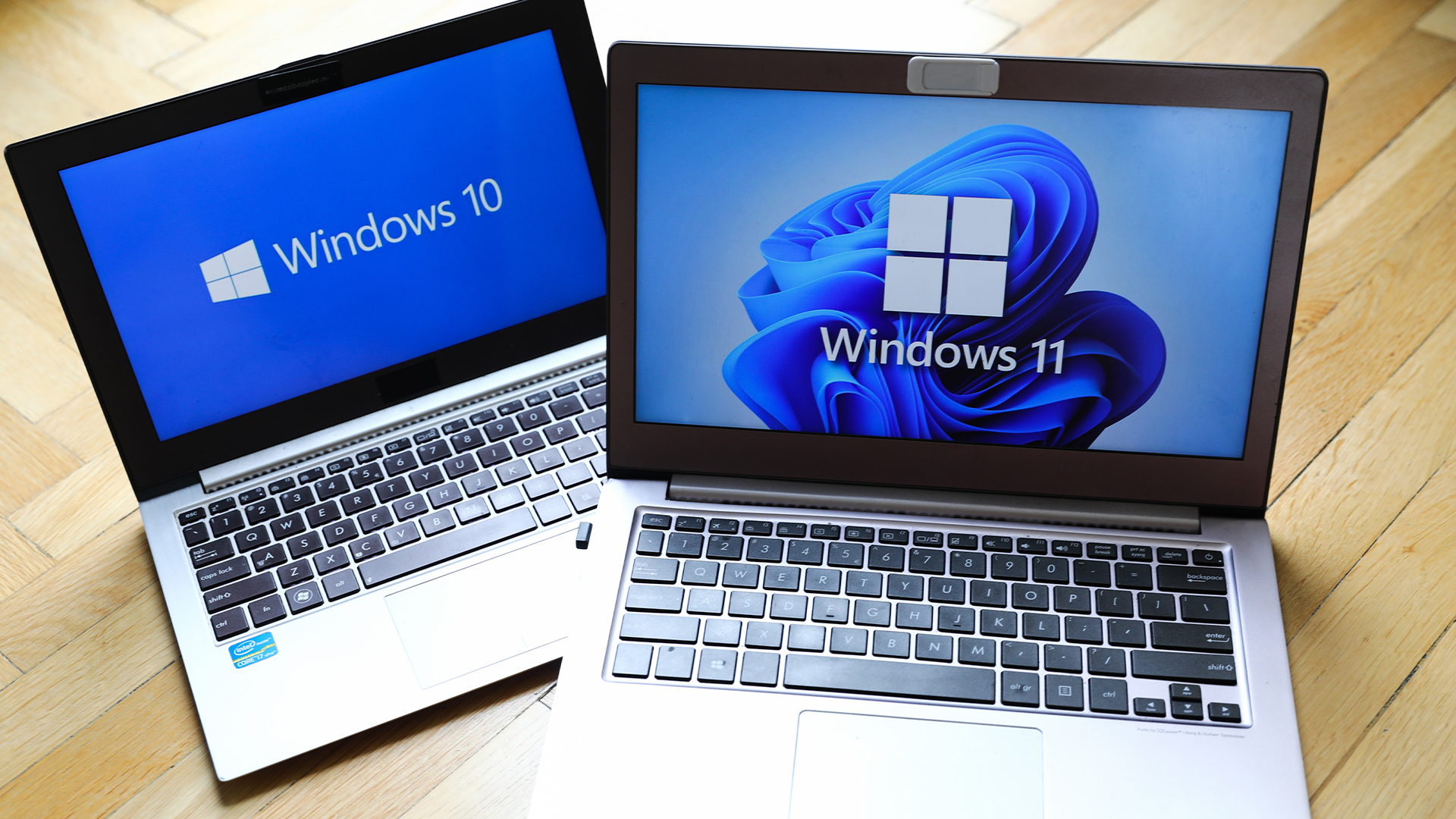 Windows 10 end of life could create a major e-waste problem
Windows 10 end of life could create a major e-waste problemNews The study marks the latest Windows 10 end of life e-waste warning